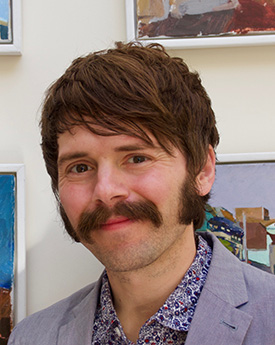Explore your interests in heritage and develop expertise and skills that could enhance your career potential or prepare you for doctoral research. The Heritage pathway builds on the presence of the Regional Heritage Centre within the department and the Department’s strong relationships with regional and national heritage organisations.
Lancaster University’s location is ideal for close engagement with heritage organisations across the North West: from Manchester and Liverpool to the Lake District, rural Lancashire to the Fylde coast.
Through the three core modules you will engage with current debates on heritage conservation and custody, and build your skills in heritage research. You will also choose three optional modules which will enable you to pursue your particular interests. You will have the opportunity to participate in a number of site visits to regional museums as well as the option to choose a placement as one of your optional modules.
Core Modules
- Researching and Writing History: hone the skills that are fundamental to the historian’s craft at this level of study
- Critical Heritage Studies: gain crucial insight into heritage practices, and how public institutions use objects and spaces to present history to the public
- Dissertation: demonstrate your knowledge, understanding and skills, and apply them to a topic of your choice working closely with an expert supervisor
Find further details on the core modules .
Optional Modules
You have a free choice of three optional modules from the list on the course structure page, where detailed descriptions are provided. (Please note that some modules may not run in all years.)
Many students choose to take the Outreach, Heritage and Public History Placement module. We have previously partnered with organisations such as the Duchy of Lancaster, the National Trust and the Museum of Lancashire to provide some fascinating placements for our students.
If you would like to discuss the modules available and potential dissertation topics before you apply, please get in touch with the subject area specialists (see the link below) or the Postgraduate Coordinator in History, Becky Sheppard.





